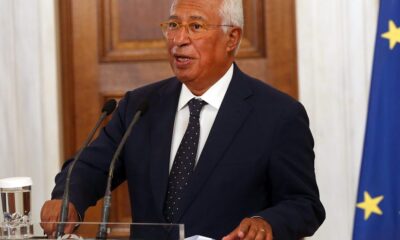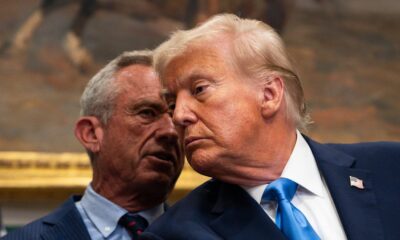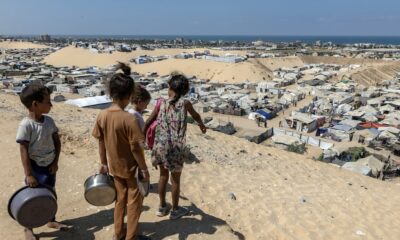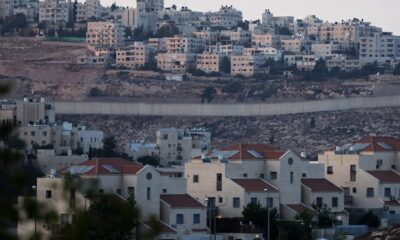EU Affairs
Leaders press to reshape EU under Putin’s aggressive shadow
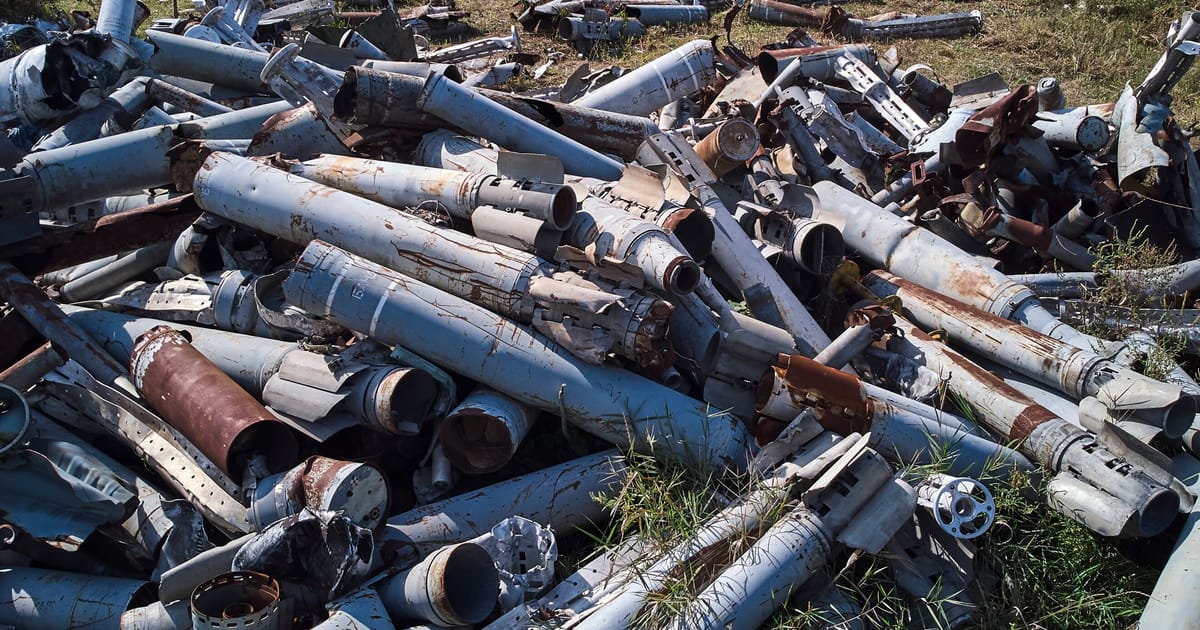
Read more on post.
“Scrambling fighter jets is NATO’s job,” said a senior EU official. The EU’s “job is to be ready to be in the position we need to be when we have to respond — to enhance our readiness and have the tools to be able to react to threats when needed, reinforcing common tools and capabilities in the face of a common threat.”
The meeting is the first since the EU’s 27 leaders huddled in Brussels in June. The three months since offered a brief glimmer of optimism after Trump and Putin met in Alaska — and soon reverted to saber-rattling and behavior even more threatening than before. With a second summit planned for Brussels at the end of October, the bloc wants real decisions on bulking up Europe’s defenses and getting cash to Ukraine.
Acknowledging the risk posed by Moscow is the easy part, how to respond within an EU full of competing priorities is another. At least they can agree on a bottom line: Do nothing that makes all-out war more likely.
“The challenges for European leaders in Copenhagen is to find a deterrence equilibrium with an increasingly risk-seeking Russian leadership that allows for the effective management of such incidents, short of them spiraling into a crisis or then potentially into conflict,” said Rafael Loss, defense policy fellow at the European Council on Foreign Relations think tank. “That is very difficult when the U.S. president, the biggest ally in the NATO alliance, says ‘feel free to shoot [Russian jets] down, but whether I have your backs, I don’t know.’”
And yet this more dangerous phase of European politics is strewn with potential disasters. Privately, government officials have expressed worries about the prospect of a “Franz Ferdinand moment,” where a sudden escalation threatens to drag the continent into conflict, like the 1914 assassination of the archduke that triggered World War I.
Poland scrambled fighter jets and temporarily closed some Polish airspace on Sunday after a Russian attack on Ukraine that the country’s president, Volodymyr Zelenskyy, said lasted for more than 12 hours. In calling on Europe to ramp up its defense, Zelenskyy warned that the Kremlin had set its sights even beyond Ukraine.


